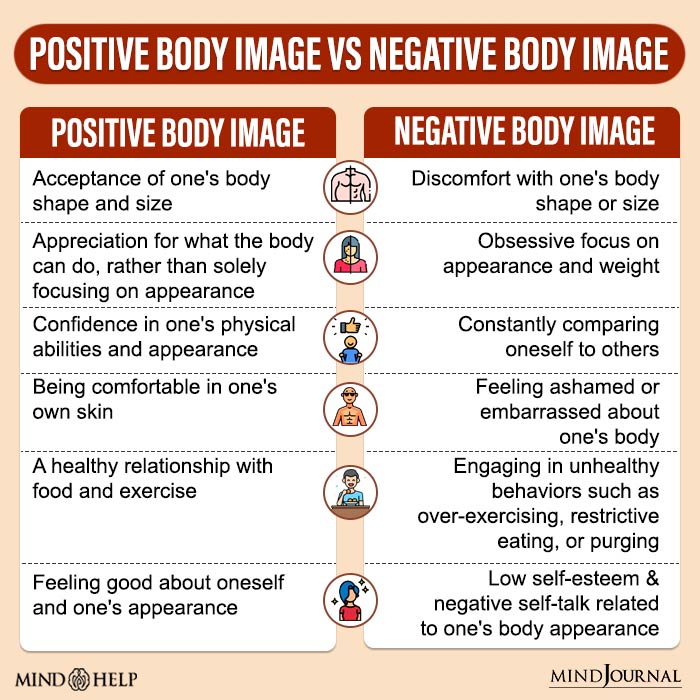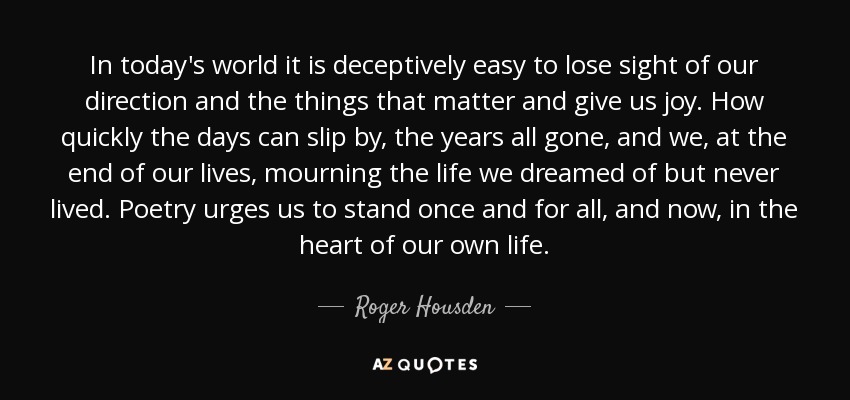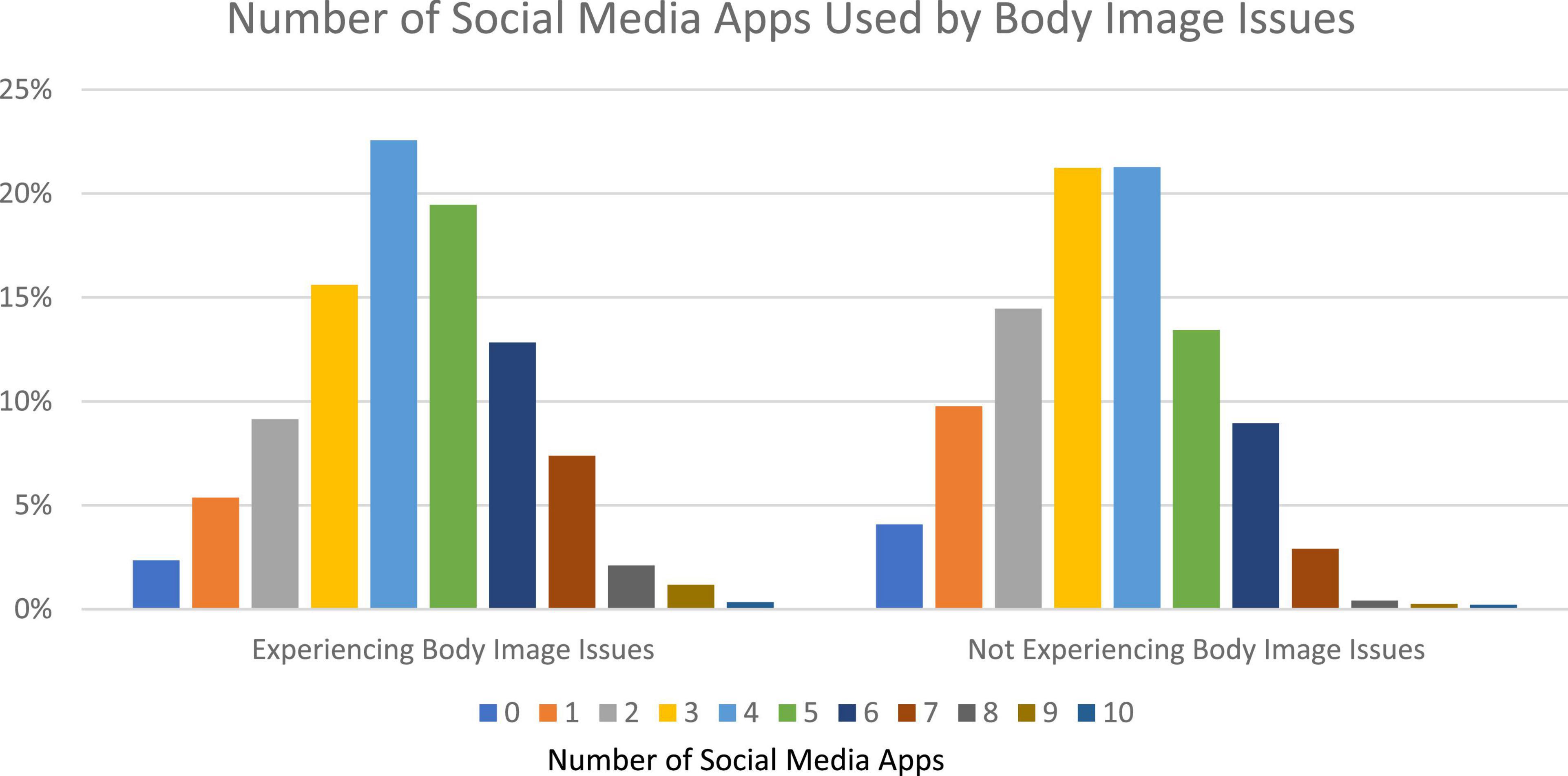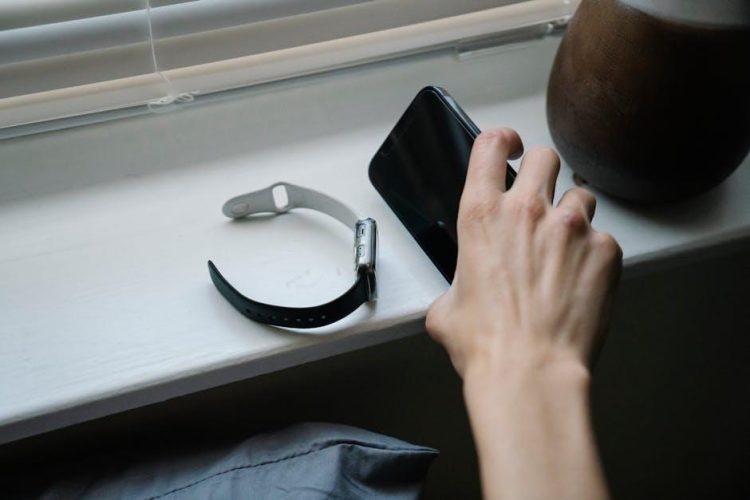In a world where the “like” button holds more power than a 5-star review from your grandma, it’s no surprise that social media has a knack for messing with our minds. From comparing ourselves to perfectly curated feeds to feeling the FOMO of missing out on the latest viral meme, the impact on our mental health is no laughing matter. So buckle up, put on your favorite filter, and get ready to dive into the wild world of social media’s effects on our sanity.
self-esteem-and-body-image”>Potential Negative Impact on Self-Esteem and Body Image
Have you ever spent hours scrolling through Instagram only to feel like a potato compared to all those filtered goddesses? Yeah, we’ve all been there. The rise of social media has made it easier than ever to compare ourselves to others and feel like we just don’t measure up. But guess what? Those #perfect photos are often just carefully curated highlights of someone’s life.
**Here are a few ways that constantly comparing yourself to others online can mess with your self-esteem and body image:**
- Feeling inadequate because you don’t have abs like that fitness influencer who only eats kale and drinks lemon water (but secretly binge-watches Netflix and snacks on chips just like the rest of us).
- Thinking you’re not pretty enough because you don’t have a perfectly symmetrical face or flawless skin like that beauty guru who probably uses FaceTune more than actual makeup.
- Believing your life is boring because you don’t travel to exotic destinations every month like that travel blogger who probably got sponsored for half of those trips (or just has a really rich sugar daddy).
At the end of the day, it’s important to remember that social media is just a highlight reel of someone’s life, not the whole picture. So next time you catch yourself comparing yourself to others online, just remember that you’re fabulous just the way you are (flaws and all). And hey, at least you’re not editing your photos to look like a human Barbie doll, am I right?
Increased Risk of Cyberbullying and Harassment
With the rise of social media and online interactions, the risk of cyberbullying and harassment has never been higher. It seems like everywhere you turn, there’s a troll lurking in the digital shadows just waiting to pounce. Here are a few reasons why you might be at an increased risk:
- Your amazing selfies: Let’s face it, your selfies are just too good. Your flawless makeup, perfect lighting, and killer angles are enough to make even the most confident person jealous. And where there’s jealousy, there’s usually some cyberbullying.
- Your hilarious memes: Your memes are so funny, they should come with a warning label. But not everyone has a good sense of humor. Some people just can’t handle your wit and charm, and they’ll do whatever it takes to bring you down a peg or two.
But fear not, brave internet warrior! There are ways to protect yourself from cyberbullies and harassers. First and foremost, don’t engage with them. Trolls feed off of attention, so denying them that satisfaction is like sending them to digital purgatory. Secondly, block and report anyone who is harassing you. Most social media platforms have built-in tools to help you combat cyberbullying.
Remember, you’re a digital superhero – capable of dodging insults and blocking negativity with just a few clicks of your mouse. Stay strong, stay safe, and keep on slaying the online world!

comparison-and-fomo-the-anxiety-of-social-media”>Comparison and FOMO: The Anxiety of Social Media
Have you ever found yourself scrolling through social media and feeling like you’re missing out on all the fun everyone else seems to be having? That’s the infamous FOMO (Fear of Missing Out) creeping in and making you question your own life choices. Comparison is the thief of joy, they say, and social media is the master of making us compare our behind-the-scenes with someone else’s highlight reel.
It’s like a never-ending cycle of feeling inadequate while simultaneously being addicted to the dopamine rush of likes and comments. We post a picture, wait anxiously for validation in the form of notifications, and then start the whole process again. Social media has turned us all into attention-seeking performers in our own one-person shows.
But hey, it’s not all doom and gloom. Remember that what you see on social media is often curated and edited to show only the best parts of someone’s life. Comparing your reality to someone else’s filtered perfection is like comparing apples to holographic unicorns. It’s just not a fair fight.
So the next time you feel the FOMO creeping in, just remember that social media isn’t real life. Take breaks, live in the moment, and enjoy your own journey without constantly measuring it against someone else’s. You’re the star of your own show, after all.

Distorted Perceptions of Reality and Happiness
Have you ever scrolled through social media and felt like everyone else’s life is perfect while yours is a mess? Well, let me tell you a little secret – it’s all a big fat lie! Social media is like a highlight reel of people’s lives, carefully curated to make it seem like they are living their best life. In reality, everyone has their own struggles and insecurities.
So, before you start comparing yourself to that perfectly filtered Instagram influencer or that happy couple on Facebook, remember that what you see online is not the full picture. **Reality is like a funhouse mirror, distorting what we perceive to be true happiness and success**.
- Next time you see a picture of someone on vacation in Bali, remember that they probably had to save up for months to afford that trip and deal with flight delays and jet lag.
- When you envy someone’s seemingly perfect relationship, keep in mind that they probably have arguments and disagreements just like any other couple.
- And if you feel inadequate because someone you know just got promoted, remind yourself that they probably worked long hours and sacrificed personal time to get to where they are.
**Happiness is not a one-size-fits-all concept, and everyone’s journey is different. So, don’t let distorted perceptions of reality on social media cloud your own happiness**. Remember, true happiness comes from within, not from comparing yourself to others online!

Addiction and Overuse: The Dangers of Social Media Dependency
Social media addiction is a real issue that many people face in today’s digital age. It’s easy to get caught up in the never-ending scroll of Instagram, Facebook, Twitter, TikTok, and whatever other platforms are the popular flavor of the month. But, just like eating too many tacos or binge-watching an entire season of your favorite show in one sitting, too much of a good thing can be bad for you.
Here are some of the dangers of becoming too dependent on social media:
- Decreased Productivity: Spending hours mindlessly scrolling through your feed can really put a damper on your ability to get things done. Procrastination level expert, am I right?
- Isolation: Spending more time on your phone means less time interacting with real-life humans. Who needs friends when you have 1,000 followers, right?
So, next time you catch yourself reaching for your phone every spare moment you have, take a step back and ask yourself, “Do I really need to see what Becky had for breakfast this morning?” The answer is probably no. Go outside, read a book, or take up a new hobby. Your mental health will thank you.
Isolation and Loneliness: The Paradox of Online Connection
Who would have thought that in this age of online connectivity, where we can reach out to anyone with just a click of a button, we would still feel isolated and lonely? It seems like a paradox, doesn’t it?
Thanks to social media, we can easily connect with friends and family members from all over the world. But in reality, are we really connecting or just scrolling mindlessly through our feeds, comparing our lives to those carefully curated posts of others?
It’s funny how we can have hundreds of online friends but still feel like we have no one to talk to when we’re feeling down. The irony of online connection is that it often ends up making us feel more isolated than ever.
Perhaps it’s time to take a step back from our screens, put down our phones, and engage in some real, meaningful interactions with the people around us. After all, nothing beats a good old face-to-face conversation over a cup of coffee, right?
Tips for Maintaining Mental Health in the Digital Age
Feeling overwhelmed by the constant barrage of notifications and endless scrolling on social media? Here are some tips to help you maintain your mental health in this digital age:
- Take regular breaks from your devices. Put your phone on airplane mode and go outside for a walk. Enjoy the beauty of nature without any distractions.
- Limit your screen time. Set boundaries for how much time you spend on social media or watching TV. Your mental health will thank you.
- Practice mindfulness. Take a few minutes each day to meditate or do some deep breathing exercises. Focus on the present moment and let go of any negative thoughts.
Remember, it’s important to prioritize your mental well-being over the constant need to be connected online. By implementing these tips, you can find a better balance between the digital world and your own mental health.
FAQs
Why do so many people compare their lives to others on social media?
Well, think of social media as the ultimate highlight reel of everyone’s lives. It’s like watching a movie where you only see the action-packed scenes and glamorous moments. So when you’re scrolling through Instagram and see someone lounging on a beach in Bali while you’re stuck in your office cubicle, it’s only natural to start comparing. The key here is to remember that you’re only seeing a curated version of someone’s life, not the messy, unfiltered reality.
How can constant scrolling through social media impact our mental health?
Imagine being bombarded with an endless stream of perfectly filtered selfies, vacation photos, and humble brags. It’s like being trapped in a room with the most annoyingly perfect people on the planet. This constant comparison can lead to feelings of inadequacy, FOMO (fear of missing out), and just an overall sense of not measuring up. It’s like trying to compete in the Olympics of happiness and constantly coming in last place.
What are some ways to combat the negative effects of social media on mental health?
One word: boundaries. Just like you wouldn’t invite a toxic friend into your home, you shouldn’t let toxic content invade your social media feed. Unfollow accounts that make you feel like crap, limit your scrolling time, and remember that it’s okay to take breaks from social media. It’s like hitting the pause button on a terrible reality show – sometimes you just need a breather.
Can social media actually have a positive impact on mental health?
Believe it or not, social media isn’t all doom and gloom. It can be a powerful tool for connecting with others, finding support, and even spreading positivity. Just think of all the adorable animal videos, uplifting stories, and hilarious memes that can brighten your day. It’s like having a virtual cheer squad in your pocket – just make sure to filter out the negative Nancys.
—
Remember, it’s all just a click away!
Now that you understand the impact social media can have on your mental health, remember to take breaks, unfollow toxic accounts, and always prioritize self-care. And hey, if all else fails, there’s always the option to deactivate your accounts and throw your phone into a lake (just kidding, please don’t do that). Stay mindful, stay balanced, and most importantly, stay off Twitter when you’re feeling hangry. Your mental health will thank you!






